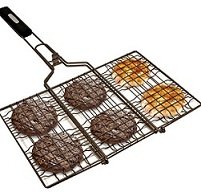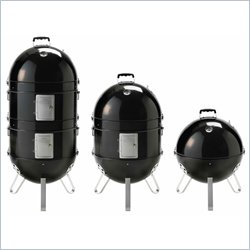|
Here are some Safety Suggestions while Doing DIY Home Improvements-This page focuses on several safety suggestions that should be taken seriously before you start any home improvement project yourself. Saftey first - is always a good policy!
We all have 12 months of the year - but depending on you location you live in- you may have several colds months and several hot months. Do indoor home improvements Do outdoor improvements When you follow this plan you will be excited to start your outdoor improvements as soon as weather permits. And ready to get started again inside as bad weather arrives. Plan your worktime- Don't work outside in the hottest part of the day, it makes the task much harder. Take breaks as needed - eat, drink plenty of water, rest. Depending on your available spare time do as much as you can outside early in the morning or in the evenings to avoid over heating. Getting to hot is dangerous, be safe first. Do inside projects during extreme cold weather. Know your skill limits and ask for help when needed. Always let someone know you are working with power tools or ladders. These precautions may take a few minutes to prepare correctly, but in the long run it is much better than trips to the emergency room! PPE (PERSONAL PROTECTIVE EQUIPMENT)Wear proper work clothing (including shoes- never sandals). Use sturdy work gloves to protect your hands. Wear ear plugs (when using loud equipment), and wear a mask so you won't breathe in toxins or particles from sawing, cutting, sanding etc. Wear safety goggles to protect your eyes as needed. Follow these guidelines for a more stress free home improvement projectExpect the unexpected when calculating your budget, allow for a few surprises or changes along the way. (Afterall, as humans we are subject to change our minds). Think through the details of the job, including how to dispose of old materials and hazardous substances, such as glass, chemicals etc. Reuse and recycle (think GREEN) why throw away anything that can be salvaged? This is a way to save money and avoid waste. You might even sell something left from a project. When landscaping keep in mind the trees and bushes you plant now will grow over time and expand to take up more room, so allow for growth. Don't overcrowd your plants. Some plants are poisonous, remember pets and children when selecting your landscaping. Use the proper tools for the job, know the cost to purchase, or rent them. Know and follow any state building codes. Get all permits that are required for the job you are doing. Expect visits from building inspectors during certain stages of the job.
If you must hire a contractor, get references, look at the proof of insurance. Also check with the BBB.
|
Check Our "Weekly Specials" featured here
Shop for Outdoor Cooking Gear for Home and Camping
Are You Hungry Yet?


Camping, and Outdoor Gear

Napoleon Apollo 3 'n 1 Smoker, Tailgate/Charcoal Grill and Water Smoker
Napoleon - Grills - For the hardcore grillers there is nothing much that can compare to the flavor that food gets from being grilled, especially when it comes from a smoker grill.
But whether you are a hardcore griller or someone who occasionally likes to try something different, the Apollo Smoker provides a multitude of options making it a perfect addition to your outdoor cooking tools.
The Apollo 3 'n1 Smoker, Tailgate/Charcoal Grill and Water Smoker provides you with three different grilling options each with multiple vents allowing you to control the heat as required.
3 'n 1 Apollo Smoker Grill for wet and dry smoking and also a stand alone charcoal grill with lid Sturdy lid handle ACCU-PROBE temperature gauge on the grill lid Multi-vents for excellent temperature control Upper lid contains a horizontal bar with 5 meat hooks for hanging fish, ribs or sausages.
Temperature eyelets at each grill level provide access for inserting a thermometer probe Each cooking chamber (stacker) contains a 20 cooking grate Hinged, tightly fitting doors, with easy access to the water pan and charcoal basket Folding handles enable ease of transport and storage 3 sturdy legs.
Enjoy Steaks, Seafood and More while you enjoy being outside in your backyard around your firepit, or outdoor rooms.
This is also a great gift idea!
Outdoor Entertaining, What A Great Idea!
Create your great escape at a price you can afford. Backyard X-Scapes is a leading online retailer of backyard products, bamboo, water fountains, planters and pottery, and tropical decor.




